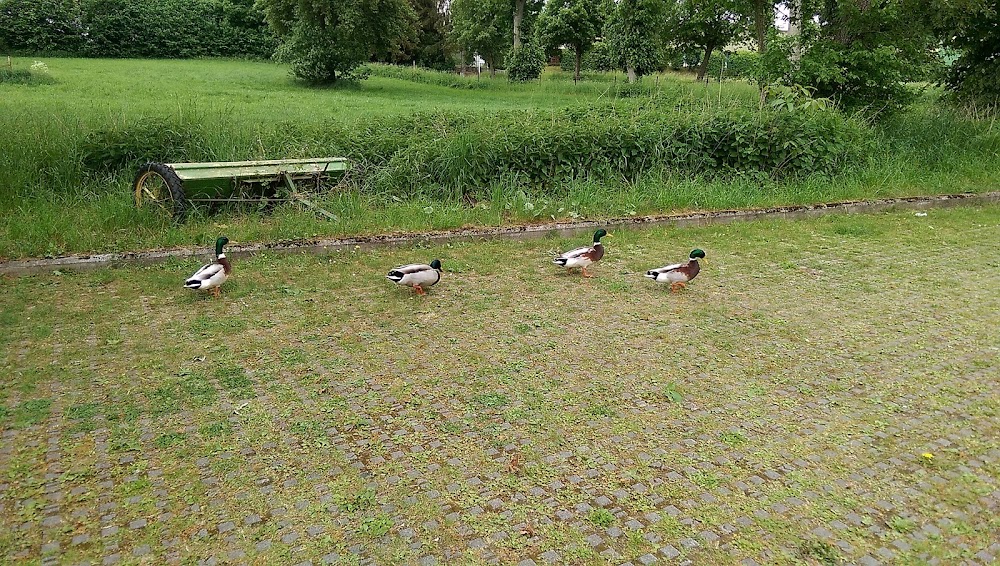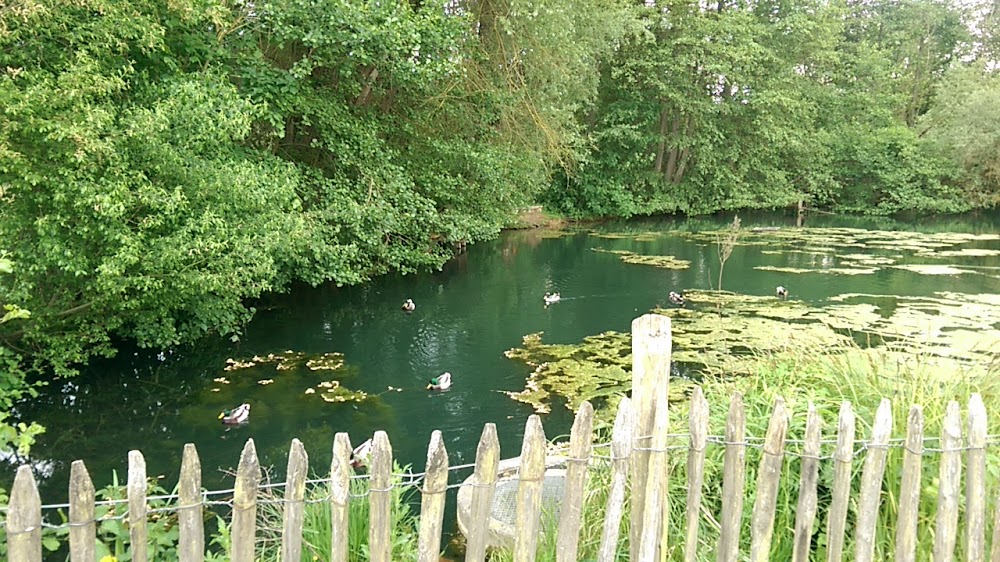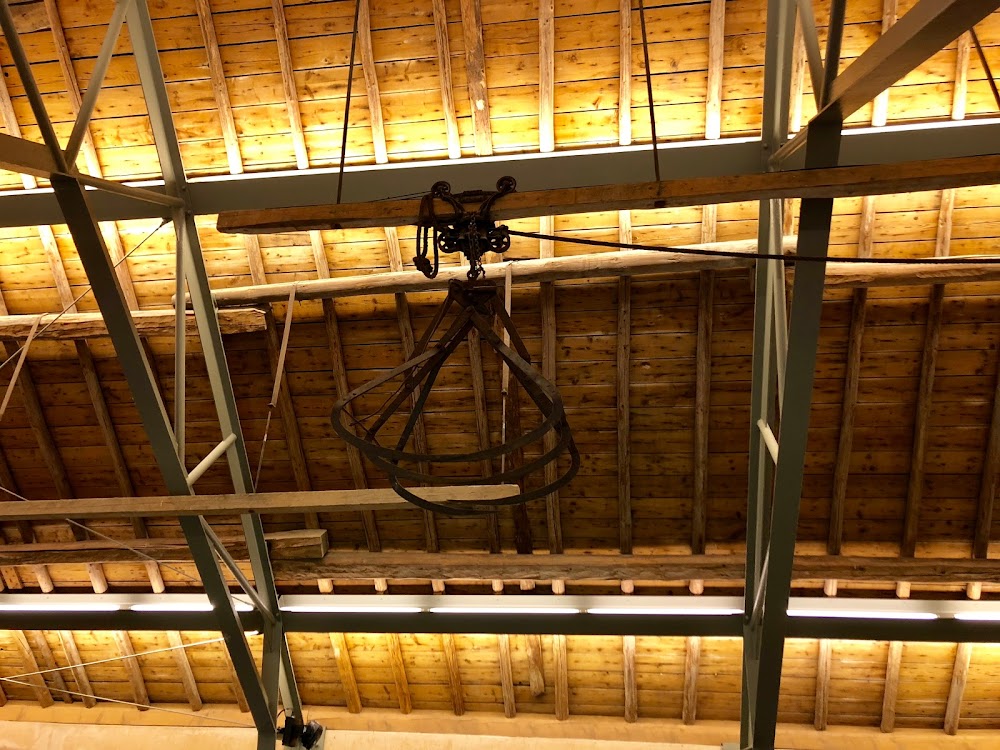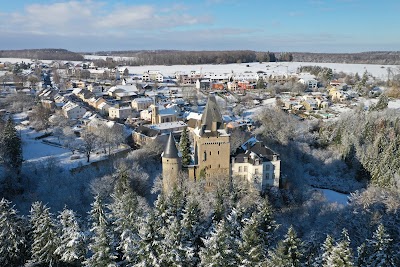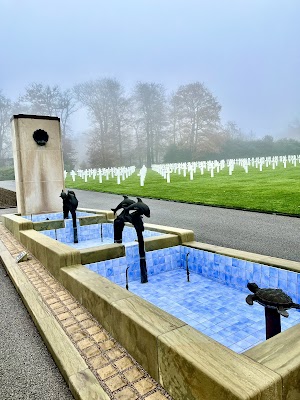Beckerich Mill (Millen Beckerich)
Overview
D'Millen Asbl, also known as the Beckerich Mill, is a historic gem located in the scenic Canton of Redange, Luxembourg. This charming site is a testament to the region’s rich heritage and its enduring connection to nature and sustainable practices.
Historical Significance
The Beckerich Mill dates back to the 16th century, making it a significant landmark in the area. Originally built as a water mill, it harnessed the natural flow of the Attert River to grind grains into flour, a vital process for the local agrarian community. The river’s steady current provided an ideal power source for the millstones, ensuring efficient operations in a time when agriculture was the heart of rural life.
Architectural Features
Constructed primarily from local stone and timber, the Beckerich Mill showcases the sturdy and practical building techniques of its era. Its design is typical of rural mills, featuring robust stone walls designed to withstand the elements and a wooden framework that allowed for adaptability and repairs. The spacious interiors housed milling machinery, storage areas, and living quarters for the miller and their family, reflecting the mill's integral role in daily life.
Evolution Over Time
Over the centuries, the mill underwent several renovations to improve its efficiency and adapt to advancements in milling technology. The 19th century brought new mechanical techniques that prompted updates to the mill’s internal workings. Despite these changes, the overall structure and exterior remained largely traditional, preserving the mill's historic charm that continues to captivate visitors today.
Decline and Preservation
By the mid-20th century, the rise of industrial milling and the gradual decline of small local mills led to the cessation of operations at Beckerich Mill. For a time, it stood silent, a poignant reminder of a bygone era and the evolution of local industries.
Restoration Efforts
The late 20th century saw a resurgence of interest in sustainable living and historical preservation, leading to the restoration of the Beckerich Mill. The establishment of the local non-profit organization, D'Millen Asbl, marked a turning point in the mill's history. This dedicated group focused on refurbishing the structure while enhancing its operational capabilities.
Modern Sustainability
The restoration process was a labor of love, employing skilled artisans who utilized traditional building methods to repair the stone walls and wooden structures. Additionally, modern sustainability practices were incorporated. The original water wheel was not only restored but upgraded to generate hydroelectric power, allowing the mill to operate as it did centuries ago while also producing renewable energy—a perfect blend of heritage and ecological responsibility.
Cultural and Educational Hub
Today, D'Millen Asbl has transformed the Beckerich Mill into a vibrant cultural and educational center. The mill hosts tours, workshops, and events that highlight traditional milling techniques, local history, and sustainable practices. Visitors can witness the mill in action, grinding grains just as it did in the past, and learn about the significance of water power and renewable energy in our modern world.
A Community Gathering Place
Beyond its educational initiatives, D'Millen Asbl fosters community engagement. The mill serves as a gathering place for locals and tourists alike, offering a picturesque venue for social events and cultural gatherings. It also supports local artisans and producers by providing space for markets and exhibitions, enriching the community's cultural landscape.
The Beckerich Mill stands as a stunning example of how historical structures can be preserved and repurposed to meet contemporary needs while honoring their past. Thanks to the committed efforts of D'Millen Asbl and the local community, the mill is not just a relic of history; it is a vibrant, living part of Luxembourg’s cultural identity.



